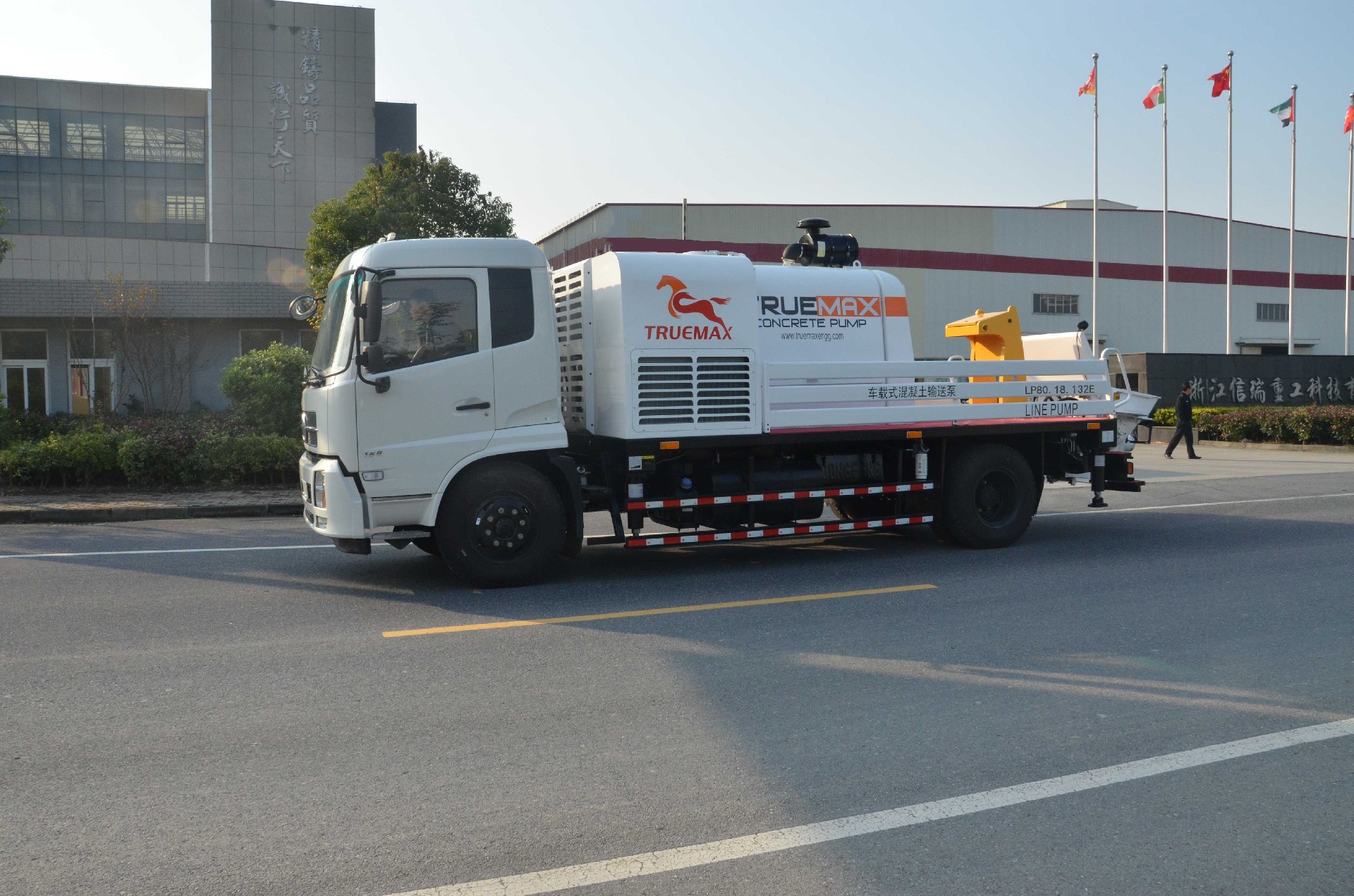>> Events & News >> Industry News
How should the concrete drag pump be debugged?
How should the concrete drag pump be debugged?
At the same time, how should the concrete drag pump be debugged? Specifically, it can be carried out from the following aspects:
1. Pump inspection
Under normal circumstances, after the pump is installed in place, an overall inspection of the pump should be carried out first. Usually, the inspection contents include: whether the liquid level in the fuel tank is within the specified range, hydraulic hose joints, pipe clamps and other connecting parts Whether it is loose, whether there is oil leakage, whether the connection of electrical components is broken or disconnected, whether the contact screw is loose, whether there are foreign objects or impurities in the hopper, etc. These are the areas where the pump should be checked.

2. Electrical inspection
For the inspection of electrical appliances, first check whether the on-site voltage is (380±10%)V. Usually, the pump must be equipped with a special control switch. The specifications of the cables used must be consistent with the main cables on the pump, and they must be connected as required. ground wire, do the following checks:
A. Turn on the control circuit switch, the power indicator light is on, and the PLC module of the programmable logic controller is powered on at the same time. At this time, observe the indicator lights on the module (starting, running and fault respectively), if the starting and running lights are on, but the fault light If it is off, it means that it is normal, and normal operation can be performed; otherwise, it is abnormal and the pump cannot run.
B. Press the motor start button to see if the AC contactor of the motor operates according to the program, and whether the motor indicator light is on.
C. Press the buttons of pumping, anti-pumping, pressure test and stirring respectively to see if the programmable controller has input and output signals.


